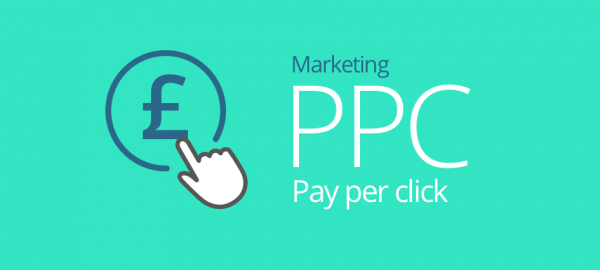If you’re planning on implementing or updating a PPC advertising campaign in the coming months, then you couldn’t have picked a better time.
According to industry analysts, 2019 is going to offer just about every business with an online presence, exceptional opportunities to target buyers at the optimum moment to result in a conversion. As technological developments continue, businesses will be able to benefit from precisely-timed adverts, offering a high degree of personalisation. And that’s important, because of the way in which we shop nowadays.
Bricks & mortar store? You still need PPC
High street shops can benefit from a carefully-planned PPC advertising strategy, even though many of them don’t consider it as an option. Making a sale isn’t just about encouraging people into bricks-and-mortar premises anymore. Smartphones are an integral part of the daily shopping experience, to such an extent that almost half of consumers will now continue their online research even while standing inside a shop. And apparently, almost 80% of consumers undertaking online research on a product via smartphone, will go in search of the product or service that they’re investigating within just 24 hours, with the explicit intent to buy.
But don’t potential customers dislike PPC ads?
There’s a common misconception that the public isn’t keen on PPC, but the figures dispute this theory. Figures for the period 2016-2017 showed that less than 10% of web visitors held a negative view of paid advertising and, by the following year, this had fallen to a tiny 1%.
Any sense of caution about adopting a pay-per-click campaign in case it deters potential customers is completely unfounded. As a matter of fact, almost half of all internet users fail to spot which search results are organic and which are paid search adverts anyway! But a good PPC strategy will place your business right at the top of the results pages, resulting in greatly increased visitor numbers.
Does PPC advertising really work?
Some companies are sceptical about allocating a budget to a PPC campaign, but their fears are groundless. Numerous studies show that online traffic resulting from a PPC advert will result in a 50% increase in conversions when compared with organic traffic. That’s a significant percentage in its own right.
But here are two more statistics that you also need to know about:
– PPC accounts for 65% of site visits that result in a sale
– just under 50% of all clicks on a results page lead to paid adverts.
Is Google the only PPC provider?
Google is the top-ranking search engine, but Yahoo and Bing are hot on its heels, with Bing showing signs of explosive growth towards the latter part of 2018. This is leading to a market in which firms allocate their PPC budgets across more than one platform, in an attempt to attract the largest possible audience.
And let’s not forget Facebook and Twitter, both of which attract huge volumes of visitors every day. Facebook is currently the runner-up, after Google Ads when it comes to online advertising, but as smartphone use continues to increase, it’s crucial to consider all the available options and yo plan your campaigns accordingly.
